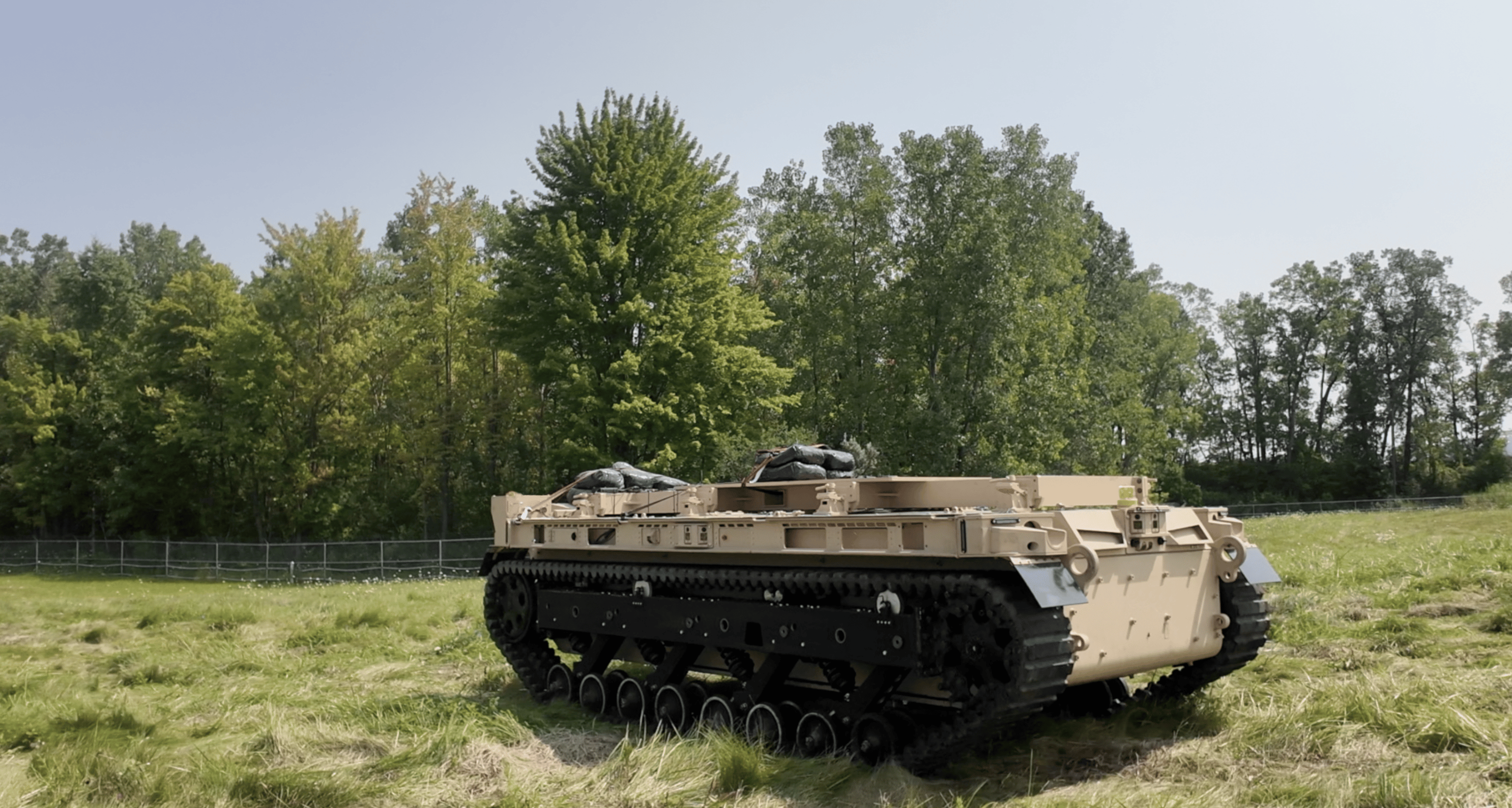ISO 7637-4 Vehicle Electrical Transient Immunity Testing
The ISO 7637 standard is a crucial benchmark in the automotive industry for ensuring electrical systems are robust against transient disturbances. ISO 7637-4 specifically addresses the transient immunity of vehicle electrical and electronic (E/E) systems, focusing on common transient phenomena encountered during operation.
Transient events such as lightning strikes, electrostatic discharges, and electromagnetic interference can cause significant damage to automotive E/E components if not properly designed for. The ISO 7637-4 standard provides a standardized approach to testing these transient disturbances to ensure that vehicles are resilient under real-world operating conditions.
Our laboratory uses advanced test equipment and follows the rigorous procedures outlined in this international standard. Our team of experts ensures that every aspect of the test is conducted accurately, providing you with reliable data and compliant results. This service is essential for quality managers, compliance officers, R&D engineers, and procurement teams aiming to ensure their products meet the highest safety and performance standards.
The testing process involves subjecting vehicle E/E systems to various transient events, including overvoltage transients, switching surges, and electromagnetic interference. The results provide critical insights into system robustness, helping manufacturers identify potential weaknesses before they reach market.
By adhering to ISO 7637-4, our laboratory ensures that the testing is comprehensive and replicates real-world conditions as closely as possible. This approach not only enhances product reliability but also supports regulatory compliance, reducing the risk of recalls and warranty claims.
We pride ourselves on delivering accurate and timely results, ensuring that your products can withstand the harsh electrical environments they will encounter in service. Our commitment to precision and excellence is reflected in our state-of-the-art facilities and experienced personnel, making us a trusted partner for all your military testing needs.
Scope and Methodology
| Test Parameters | Description |
|---|---|
| Overvoltage Transients | Simulates voltage spikes caused by lightning strikes or power supply issues. Tests the system’s ability to withstand sudden increases in voltage without failure. |
| Switching Surges | Mimics transient surges that occur when electrical circuits are switched on or off. Evaluates the robustness of components and connections under rapid changes in current flow. |
| Electromagnetic Interference (EMI) | Assesses the system’s immunity to electromagnetic disturbances, ensuring that it performs correctly in a noisy environment. |
The testing process begins with thorough preparation of the vehicle E/E systems. This includes connecting the appropriate test fixtures and ensuring all components are correctly configured according to ISO 7637-4 requirements. Once setup is complete, the tests begin by applying controlled transient events that simulate real-world conditions.
Our laboratory employs advanced instrumentation to measure the performance of the vehicle E/E systems during each test. This includes monitoring voltage levels, current flows, and system response times. The data collected throughout the testing process provides a comprehensive assessment of the system’s robustness against transient disturbances.
The acceptance criteria for ISO 7637-4 are stringent but necessary to ensure that vehicle E/E systems can operate reliably in harsh environments. Systems must pass all test scenarios without failure, ensuring that they meet or exceed the specified performance thresholds. Our laboratory ensures that every test is conducted with precision and thoroughness, providing you with results that are both accurate and compliant.
Why Choose This Test
The ISO 7637-4 vehicle electrical transient immunity testing is a cornerstone of modern automotive engineering. By choosing this test, organizations can ensure their products meet the highest industry standards and are prepared for real-world challenges.
This service offers several key benefits:
- Enhanced Reliability: The test ensures that vehicle E/E systems can withstand transient events without failure. This enhances overall product reliability, reducing the risk of system failures in operation.
- Example: A vehicle’s onboard diagnostic (OBD) system must function correctly even after a lightning strike to prevent incorrect fault codes from being reported.
- Regulatory Compliance: By adhering to ISO 7637-4, organizations ensure their products meet the necessary regulatory requirements. This reduces the risk of non-compliance penalties and ensures market access.
- Example: A new vehicle model must pass all transient immunity tests before it can be certified for sale in Europe or North America.
- Risk Mitigation: The test helps identify potential weaknesses in the E/E system design early in the development process, mitigating risks associated with product failures and recalls.
- Example: A manufacturer identified a vulnerability in their audio system that could cause interference during switching transients. Addressing this issue through testing prevented costly recalls.
Use Cases and Application Examples
| Use Case | Description |
|---|---|
| Vehicle Electrical Systems in Harsh Environments | The test ensures that vehicle electrical systems can operate reliably in environments with high levels of electromagnetic interference, such as near industrial equipment or during lightning storms. |
| Onboard Diagnostic (OBD) Systems | Ensures the OBD system functions correctly under transient conditions, preventing incorrect fault codes from being reported and ensuring proper diagnosis of vehicle issues. |
| Powertrain Control Modules | Verifies that powertrain control modules can operate reliably during switching transients to ensure smooth engine starting and operation. |
The ISO 7637-4 test is particularly valuable for organizations involved in the design, development, and manufacturing of military vehicles. The harsh operating conditions faced by these vehicles necessitate robust E/E systems that can withstand transient events without failure.
For instance, during a lightning strike or electromagnetic pulse (EMP) event, vehicle electrical systems must continue to function correctly. This is crucial for ensuring the safety and reliability of military personnel and equipment in operational environments.
The test also plays a vital role in the development of new technologies such as electric vehicles (EVs). The transient immunity testing ensures that EV components can operate reliably under real-world conditions, enhancing overall vehicle performance and safety.





